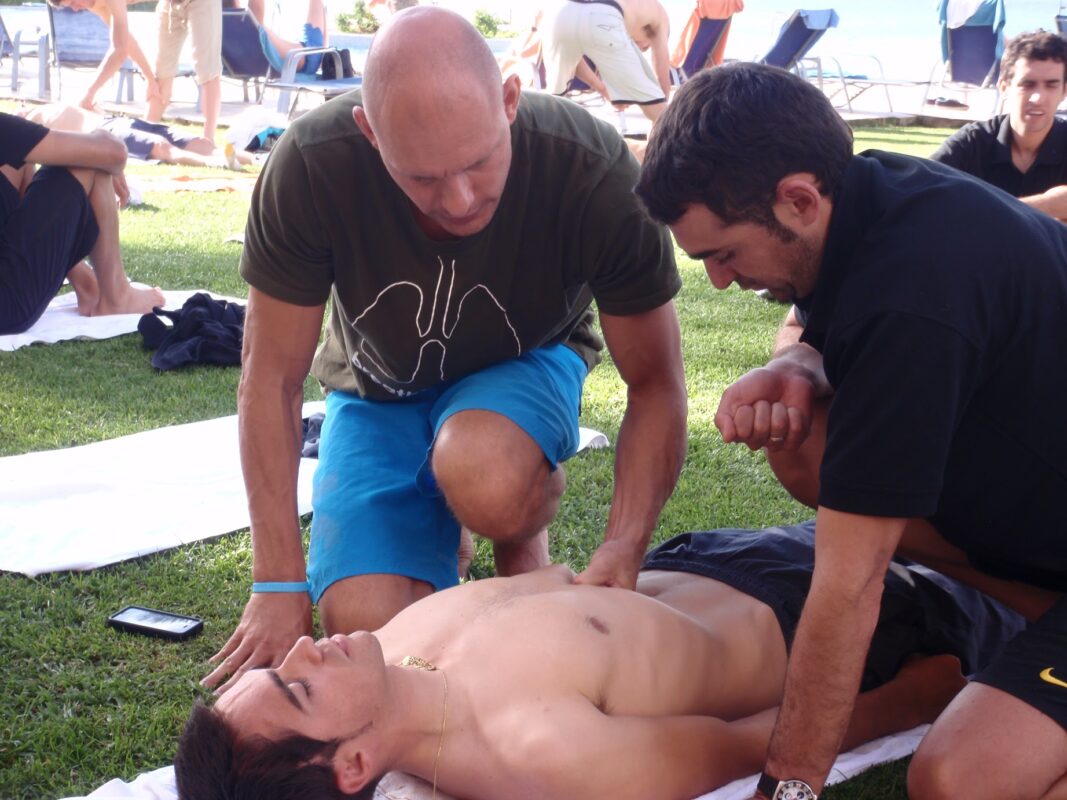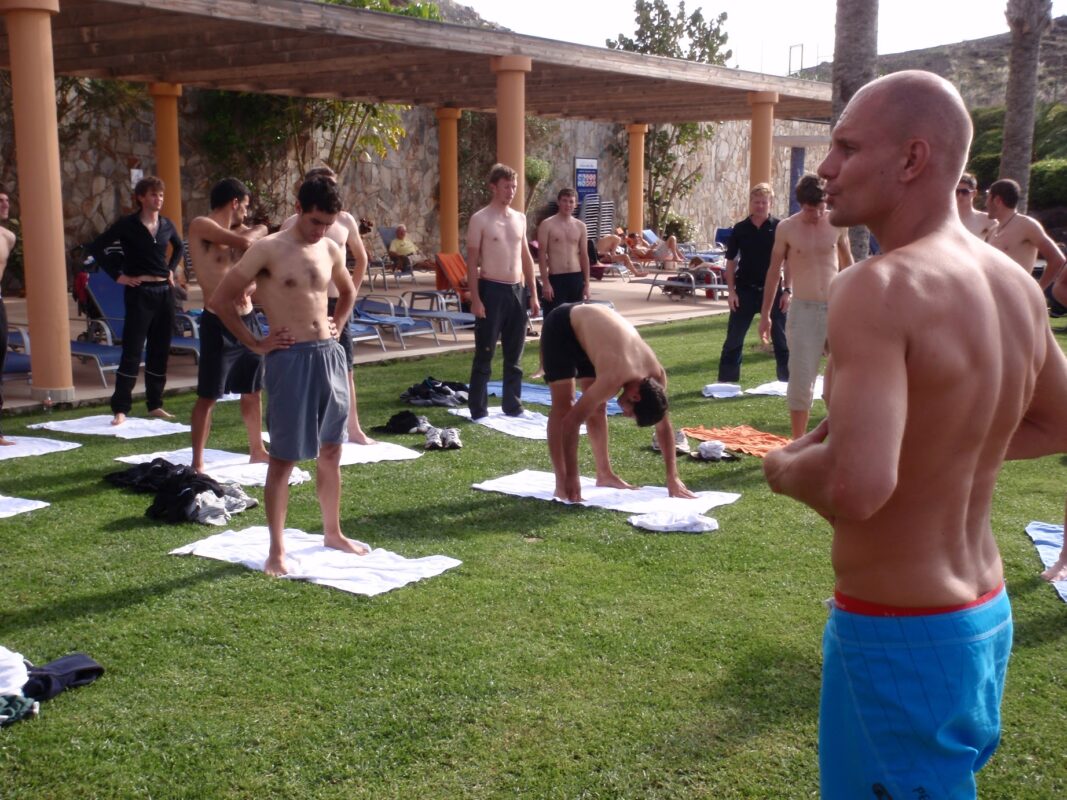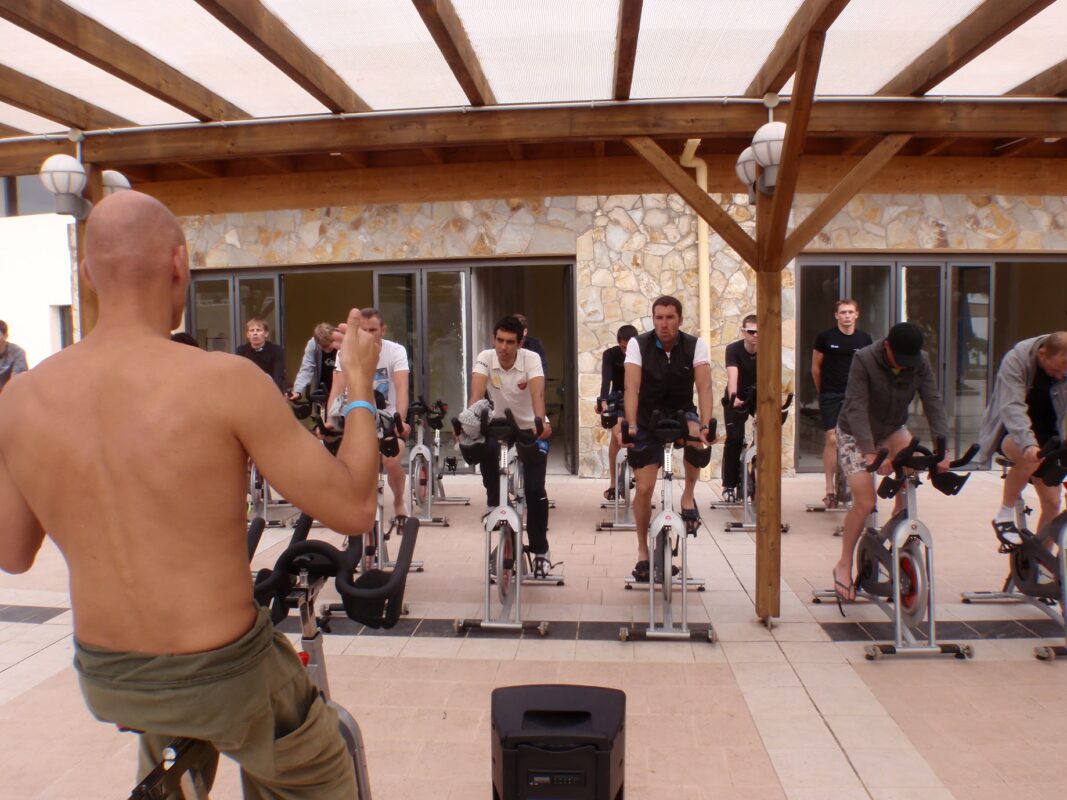Health & Rehabilitation
How Breathing Shapes Our Brain: The Science of Memory, Emotion, and the Breatheology Method
In the Breatheology Method, breath is more than a means of supplying oxygen to the body. The rhythm and depth of each inhale and exhale can affect heart rate, modulate brain function, and engage the nervous system in ways that shape both our mental and physical health. In recent years, research has uncovered fascinating insights into how the act of breathing influences memory recall, emotional recognition, and our body’s fight-or-flight response. Let’s dive into the science behind these discoveries and how Breatheology harnesses breath to tap into this powerful mind-body connection.
The Brain-Breath Connection: How Breathing Influences Memory and Fear
Breath does more than provide oxygen; it impacts regions of the brain responsible for emotions, memory, and survival instincts. A 2016 study by scientists at Northwestern University Feinberg School of Medicine revealed that the rhythm of breathing directly affects the amygdala, which processes fear, and the hippocampus, which is critical for memory.
In this study, researchers monitored the brain activity of seven epilepsy patients with electrodes surgically implanted in the brain. They discovered that during inhalation, electrical activity surged in the amygdala and hippocampus, sparking a curiosity to investigate further. This breakthrough suggested that the way we breathe may influence not just our physical state but also how we process memories and respond to emotional stimuli.
Testing Breath and Emotion Recognition
To explore this theory, researchers conducted experiments on a group of 60 participants. They instructed these individuals to quickly assess emotional expressions on faces shown to them, while tracking their breathing rhythms. The results were astonishing: participants were better able to identify fearful faces during inhalation, specifically when breathing through the nose. However, this increased sensitivity to fear disappeared when participants breathed through their mouths or viewed faces with non-fearful expressions.
The Link Between Breath and Memory Recall
The research team extended their study by examining memory recall and breathing. In another task, participants were shown images of objects on a screen during specific breathing phases. When prompted later to recall these images, participants had better recall for images shown during inhalation. This insight reinforces the role of breathing as a tool not only for mental clarity but also for improved memory retention.
The Sympathetic Nervous System and the Fight-or-Flight Response
These findings align with what Breatheology emphasizes: breathing can activate and deactivate key systems within the body. In stressful situations, the sympathetic nervous system—responsible for the fight-or-flight response—kicks in, triggering a faster breathing rate and increasing the number of inhalations per minute. This helps elevate alertness, preparing the body and mind to respond to perceived threats. The Northwestern study sheds light on why rapid breathing intensifies the brain’s ability to detect fear and react quickly.
Christina Zelano, an assistant professor of neurology at Northwestern University, explains that this breathing-brain connection likely evolved as a survival mechanism, allowing us to react faster to danger. For example, inhaling quickly activates brain regions that can help us better identify potential threats, heightening awareness in moments of stress.
Practical Applications of the Breatheology Method
1. Inhale for Awareness, Exhale for Calm
- Practice intentionally inhaling through the nose when you need to focus or assess your surroundings. Breatheology techniques emphasize nose breathing, which maximizes oxygen intake and primes the brain’s response system. When in need of calm, slow down your exhales, which activates the parasympathetic system, helping you relax.
2. Controlled Breathing for Memory Enhancement
- Practicing breath control techniques can enhance memory retention. For example, using mindful breathing techniques—such as deep, slow inhalations through the nose while learning or memorizing information—may improve your ability to recall the information later.
3. Activating Your Body’s Natural Relaxation Response
- In the Breatheology Method, controlled breathing exercises help activate the parasympathetic nervous system. Techniques like box breathing (inhale for four seconds, hold for four, exhale for four, hold for four) can calm the body, alleviate stress, and sharpen mental clarity.
The Breatheology Approach: Training Mind, Body, and Breath
The Breatheology Method provides a pathway to optimize the body’s natural rhythms, blending scientifically backed breathing techniques with holistic practices. Through a combination of exercises, Breatheology teaches users to harness breath to improve health, manage stress, and reach a heightened state of awareness. Practitioners of the Breatheology Method frequently report increased focus, improved emotional balance, and enhanced resilience to stress—all rooted in the breath.
For those curious to explore their breathing potential, Breatheology offers a Free Breathing Discovery Class. In this introductory course, participants learn foundational breathing exercises that can be practiced anywhere, helping them feel an immediate shift in their mental and physical state.
Discover Your Breathing Potential: Join the Free Breatheology Masterclass
Unlock the benefits of conscious breathing with Breatheology’s Free Masterclass. This session covers three essential lessons:
- Understanding Breath and Body Connection: Discover how breath impacts various bodily functions and mental states.
- Activating Your Relaxation Response: Learn simple yet powerful techniques to calm the mind and reduce stress.
- Building a Sustainable Breath Practice: Tips and exercises for integrating breathwork into your daily life.
Breatheology Discovery: Elevate Your Health with Simple Breathing Techniques
Take a deep dive into the art of conscious breathing with Breatheology Discovery! In just a few days, you’ll learn easy yet powerful techniques to improve your health, reduce stress, and calm your mind. Start your journey to a healthier, more relaxed life, one breath at a time.
-> Join Breatheology Discovery – Free Today!
Breath Hold Challenge: Test Your Limits and Build Mental Resilience
Ready to push your boundaries? The Breath Hold Challenge will teach you how to hold your breath up to three minutes, reduce stress, and enhance mental toughness. Plus, invite friends and compete for exclusive rewards. Challenge yourself and see how powerful your breath can be!
-> Take the Breath Hold Challenge – Join Free!






Conclusion: Breath as a Gateway to Wellness
The rhythm of breath influences many facets of human experience—from our mental states and memory retention to our responses to stress. By exploring the intersections between breath, mind, and body, Breatheology’s method empowers individuals to harness this ancient practice for modern-day wellness. Whether you’re interested in reducing anxiety, enhancing focus, or building resilience, Breatheology offers tools and techniques for every stage of your breathing journey.
In the end, breathwork is about more than mere oxygen intake; it’s a journey toward self-discovery, balance, and mental clarity. Join Breatheology to experience the transformative power of breath and unlock a healthier, more balanced life.
Breatheology Courses
Learn and master conscious breathing through our online breathwork courses. Discover how simple yet powerful breathing techniques can help reduce stress, improve your mental clarity, and boost your physical performance.
Free Breathwork Courses
Kickstart your breath training journey with our free, step-by-step breathing programs designed to help you improve lung capacity, manage stress, and build focus.
Advanced Breathwork Training
Take your breathing mastery to the next level with our advanced breathwork training programs. Build resilience, enhance your endurance, and unlock greater physical and mental performance.
